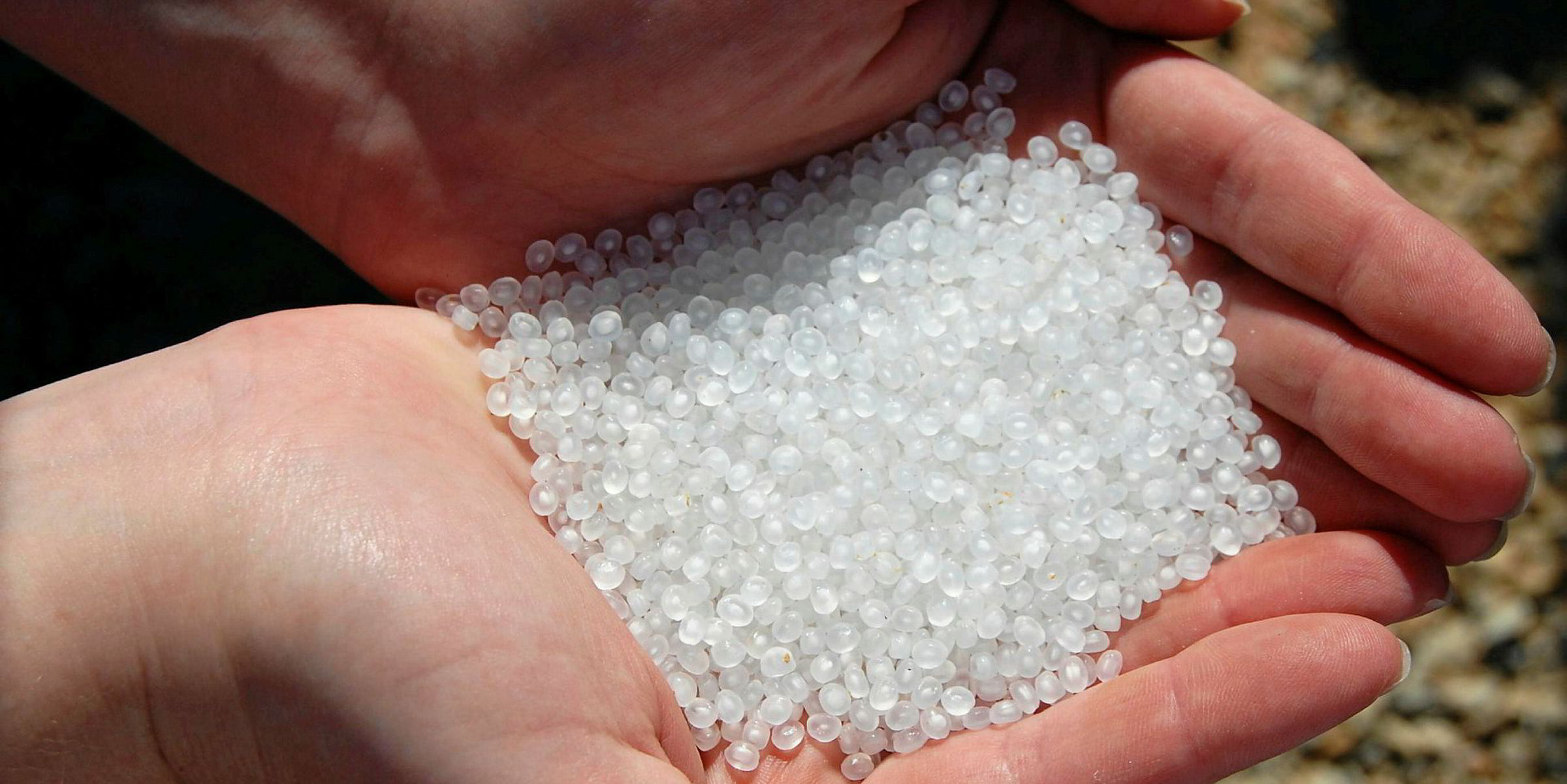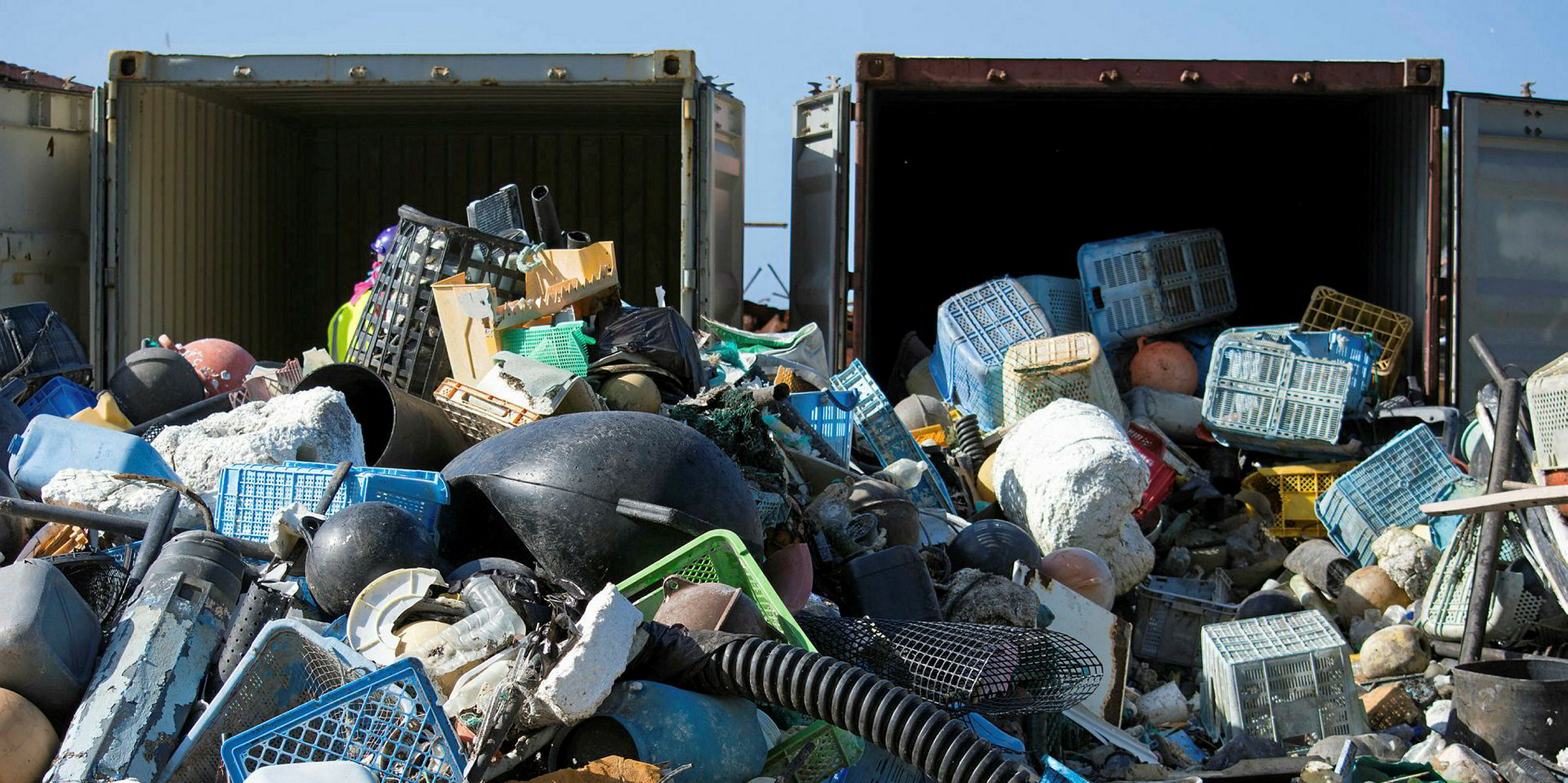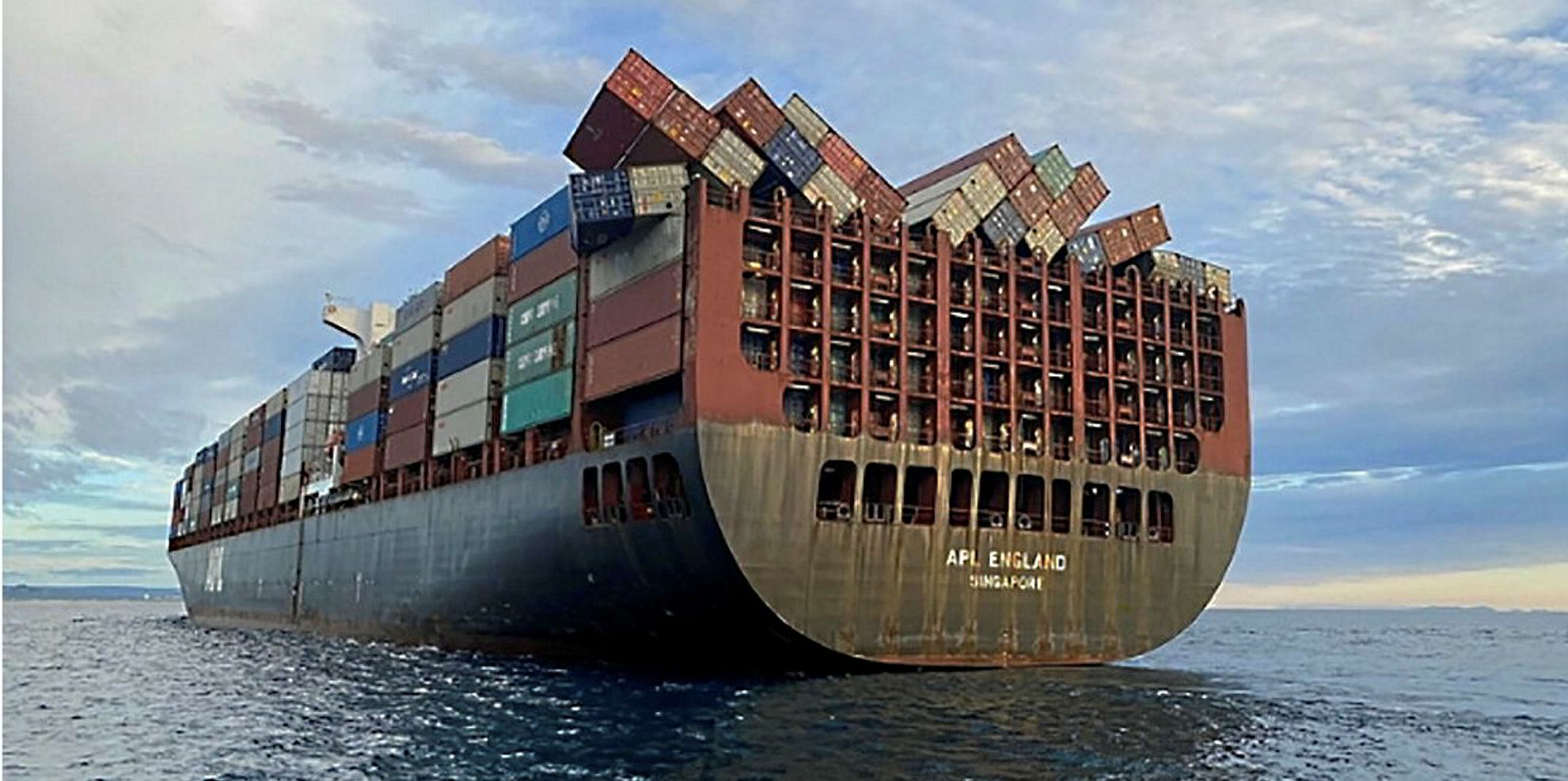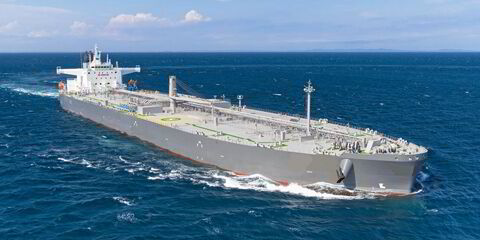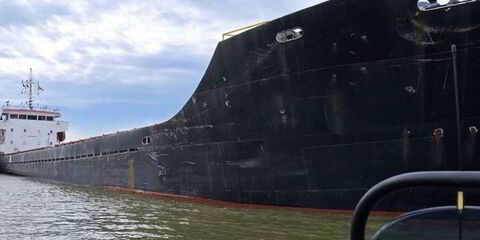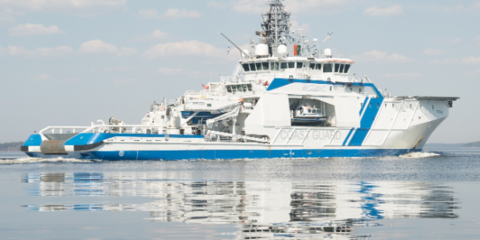Billions of nurdles — tiny plastic pellets that are shipped in containers to factories around the world — have been washing up on South Africa’s beaches since last week.
Authorities are furious, and they are keen to identify who owned the nurdles and what vessel was carrying them.
The nurdles are mainly concentrated near Cape Town but have been found as far as Port Elizabeth.
Authorities at the country’s department of environmental affairs are investigating the possibility that a vessel that may have lost cargo off the resort town of Plettenberg Bay, according to local media reports.
Detecting which ship is to blame is almost impossible unless the operators of the vessel or the owner of the cargo come forward.
South Africa last suffered a large nurdle spill in 2017, when 47 tons were lost off a containership near Durban during a storm.
The clean-up was paid for Saudi Basic Industries Corp, which owned the cargo.
Nurdles are tiny beads of virgin plastic that are melted down and injection moulded to make a variety of products.
Experts claim that from an environmental perspective, a nurdle spill is worse than an oil spill because nurdles do not break down.
The lentil-sized pellets are deadly for the marine ecosystem, as they are mistaken for food by turtles, sea birds and fish. These creatures are unable to excrete them because they cannot be digested. This in turn causes digestive blockages, starvation and death.
Cleaning up a nurdle spill is a difficult undertaking as sand has to be sifted by hand to recover the pellets. To date, only about 10% of the volume spilled off Durban in 2017 has been recovered, and traces of it have been found as far as the island of Saint Helena in the South Atlantic and the coast of Western Australia.
In South Africa this week, local NGOs have urged beachgoers to take part in the clean-up efforts.(Copyright)
